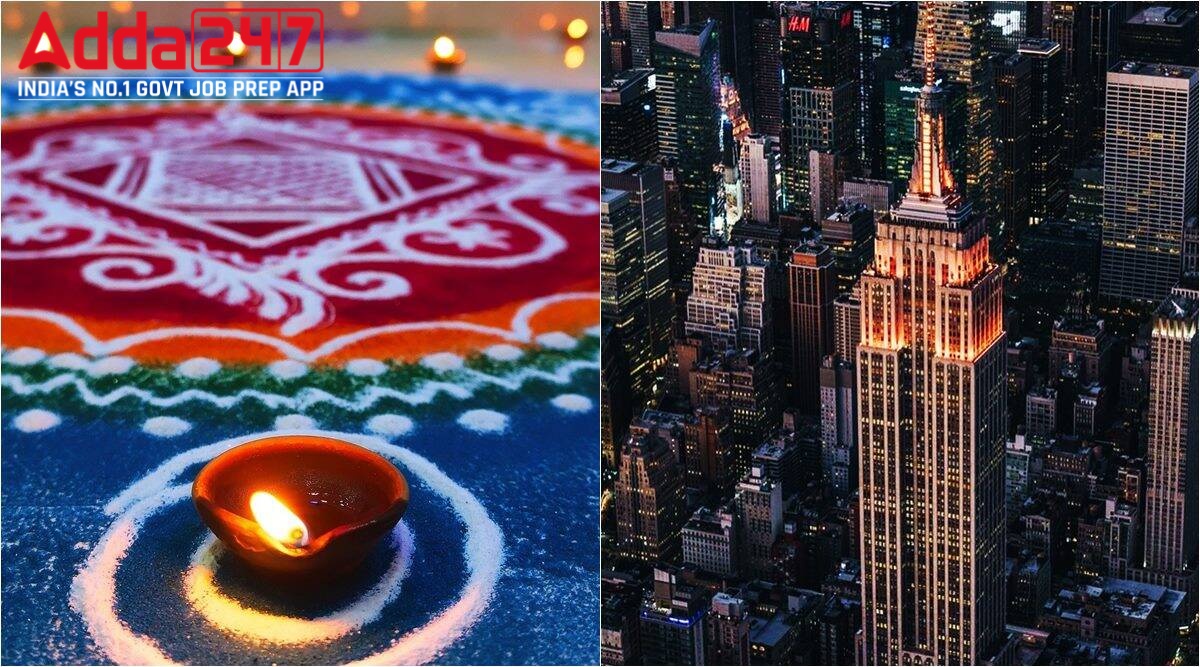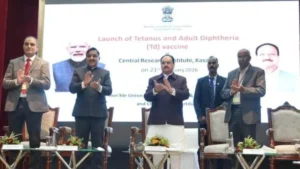Diwali will be a holiday for the New York City public school starting next year in 2023, Mayor Eric Adams announced. Adams, joined by New York Assembly Member Jenifer Rajkumar, who had introduced the legislation to recognize Diwali as a holiday.
Bank Maha Pack includes Live Batches, Test Series, Video Lectures & eBooks
What Has Been Said:
Addressing a press conference, Rajkumar said, “The time has come to recognize over 200,000 New Yorkers of the Hindu, Buddhist, Sikh and Jain faiths who celebrate Diwali, the Festival of Lights.” She called Anniversary Day “an obscure and antiquated day,” as compared to Diwali, which is celebrated by a “growing number of New Yorkers.
People have said that there’s simply not enough room in the New York City school calendar to have a Diwali school holiday,” the assembly woman said. “Well, my legislation makes the room.”
Rajkumar further added that the new school schedule will still have 180 days, as is required by the state’s education laws. During the conference, Adams called the decision a “long overdue” acknowledgment of Hindu, Sikh, Jain and Buddhist communities.
“We are going to encourage children to learn about what is Diwali,” Adams said. “We’re going to have them start talking about what it is to celebrate the Festival of Lights, and how do you turn a light on within yourself,” he added. “When we take this period to acknowledge Diwali, we’re acknowledging the light that is within us, the light that clearly can push away darkness,” the mayor said.
A Sign Of Soft Power:
How the term ‘soft power’ emerged:
“A country’s ability to influence the preferences and behaviours of various actors in the international arena (states, corporations, communities, publics etc.) through attraction or persuasion rather than coercion.” — Joseph Nye
- The term ‘soft power’ was first coined and popularized by an American neoliberal scholar, Joseph Nye (1990), in his book entitled Bound to Lead: The Changing Nature of American Power.
- It was soon used by academia, media and policy-making establishments and included in foreign policy strategies not only in the US, but also in the European Union (EU), Japan, Australia and China.
- In opposition to neo-realists, who emphasize military and economic might, proponents of soft power argue that this form of power has become equally important in the increasingly interdependent post-Cold War world transformed by the globalization process, popularization of communication technologies and the emergence of new non-state actors.
Soft Power In Indian Discourse:
Soft power is not a new phenomenon in India even though its understanding and application have changed over the decades. Upanishads delivered the notion of ‘Vasudhaiva Kutumbakam’ to the world and to India. Renowned ancient Indian philosopher, Chanakya’s maneuvering to gain over adjacent powers by settlement and non-aggression arrangement and grants also demonstrates the significance of soft power in the ancient Indian statecraft.
-
- If the term had been used during the Cold War period, India could have been considered among the greatest soft powers in the world.
- Post Independence- The newly independent and under-developed country had simply no other option to realize its global ambitions except through its soft attributes— exposing the richness of its culture, instead of the misery of its economy, and pursing foreign policy backed by the power of moral arguments rather than arguments of power.




 L&T Vyoma to Study 250 MW Green AI D...
L&T Vyoma to Study 250 MW Green AI D...
 Made in India: Nadda Launches Indigenous...
Made in India: Nadda Launches Indigenous...
 Which Island is known as the Island of P...
Which Island is known as the Island of P...








